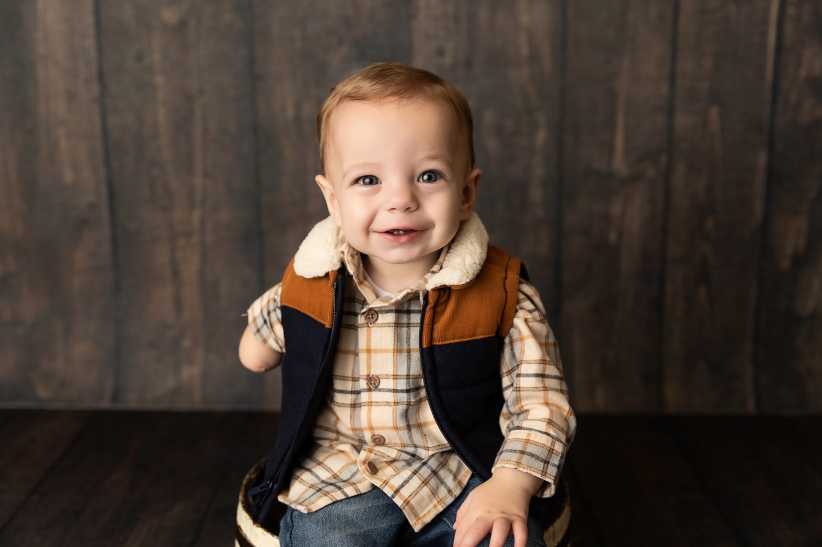As if negotiating the special
education process isn’t daunting enough, frequent reorganizations to the NYC
Department of Education and recent changes to local procedures may leave city
parents wondering where to begin, especially when it comes to kindergarten and
elementary enrollment. To help get answers to some key questions, New York
Family sat down with two experts, Nina Lublin and Jean Mizutani of
Resources for Children with Special Needs (RCSN), an independent, nonprofit
organization committed to helping families of children with disabilities. —
As RCSN’s Early Childhood
Specialist, Lublin demystifies the
special needs referral process and helps families of young children with
special needs secure the services their children need. Meanwhile, teaching families
how to access appropriate education programs is part of Mizutani’s job as the
organization’s Educational Advocacy Team Leader and Bronx Special Education
Parent Center Program Coordinator.
Here, they help
explain the latest changes in the special education community in order to help
guide parents’ decision making. The good news? When it comes to what may be
right for your child, parents know more than they think.
What are the primary functions
of RCSN?
Nina Lublin: To empower
parents of children with special needs. In NYC, as you know, fewer than 20
percent of youth with special needs graduate with a diploma, and thousands lack
essential afterschool programs and support services. RCSN is here to create
bright futures for the city’s at-risk children and youth by empowering parents
with the knowledge, skills and confidence to advocate for their kids. We also
advise and collaborate with educators, mental health professionals and all
levels of government to bring a family perspective to the systems that are
designed to help children. We’ve been funded as a federal Parent Training and
Information Center (PTI) for about 20 years. We are also funded in part through
a New York State Education Department project called the Special Education
Parent Centers. Our PTI work is city-wide. We work with families of children
birth through 26 [years], whose children have special needs.
What should parents know about
the Turning 5 guidelines and the process of transitioning a student from
preschool to kindergarten?
Jean Mizutani: The whole
process has changed, and next year it’s going to change even more. I think the
bottom line is this: There is a focus on inclusive education, and the goal is
to educate typical students and students with disabilities side-by-side. In
order to achieve that…schools are supposed to have a wide variety of supports
and special education services that can be provided to enable the child with a
disability to participate in these local schools… If I had a child with a
specific disability, such as autism or PDD (Pervasive Developmental Disorders),
I would ask, Is the staff in the school trained in working with students on
the spectrum? Is there a behavior specialist that the teacher could go to if
she needs support or assistance? I would try to find out how much support
is there.
NL: In New
York State,
a three- or four-year-old is classified as a Preschool Child with a Disability.
And when that child turns five—if it looks like your child is going to get
school-age services through the Department of Ed—one of the important things
that happens after the child gets evaluated is getting a specific
classification. That is, using one of the 13 categories from the Individuals
with Disabilities Education Act. So moving from having a “Preschool Child with
a Disability” to having a child that might be categorized as having a speech
and language disability or a learning disability or an intellectual disability,
or on the autistic spectrum, or with an emotional disturbance—those categories
carry an awful lot of weight when it comes to securing appropriate classroom
programs and obtaining appropriate services.
Do you see the recent changes
that make the kindergarten registration process the same for all children,
those with special needs and those without, as an advantage?
JM: Parents that have
children with special needs should not rely exclusively on schools for
information. First, parents should gather a good balance of information by
attending the NYCDOE’s Turning 5 Information Sessions that are held this month,
followed by “Transition to Kindergarten” trainings conducted by RCSN or the Early
Childhood Direction
Centers. All parents must
participate in the kindergarten application process, so full advantage of open
house opportunities should be taken. This is important since the majority of
students with disabilities will be educated in the community schools that
accept them and the school will have the explicit responsibility to provide the
individualized supports and services that are needed. In certain cases where a
school that accepts a child cannot provide an appropriate program, the DOE’s
office of Student Enrollment will provide an offer of placement for a specific
school. For the most part, this will occur primarily for students that require
a District 75 placement (a specialized, city-wide full time special education
programming) for children that have significant cognitive or emotional challenges,
sensory impairment or autism. If a preschooler has been attending a program of
that type, parents should ask for a list of District 75 programs to tour, which
is available at the NYC DOE’s Information sessions.
What advice do you have for
parents about choosing between public and non-public or private schools?
NL: As kindergarten keeps
changing, and as both school reform and special ed reform move forward, many
families are concerned about what kind of kindergarten experience awaits their
child. Some parents are thinking about charter schools, others are thinking
about public school kindergarten, and indeed more than a few parents are
thinking about private schools; also some of our little ones may be eligible
for some of the funded non-public schools. It’s a gigantic research project for
families that starts very early, and I think that many families will opt for a
public kindergarten experience. As we have seen in the past couple of years,
not all public school kindergartens seem to be created equal, even though they
all must meet city and state standards… My background suggests to me that,
wherever possible, we should encourage families toward public school
kindergarten, which is voluntary by the way, with whatever supports and
services the child needs. I usually recommend that to families.
What are some good ways for
parents to get involved?
JM: I think it’s more
important for special needs parents to be front and center; to be known by the
school and to get involved—in a bake sale, if there is a book drive, whatever
it is. While the parent is doing that, I think the parent should also ask if
there is a special education parent teacher association. There is such thing as
special education PTA, and that’s been
relatively rare in the past, but the reason I bring it up now is because now
we’re talking about including children with disabilities in regular community
schools in large numbers.
What steps should parents take
if they suspect their child may have special needs?
JM: You know more than you
think. You know your child better than anyone else. Our new training tagline is
“When it comes to your child, the expert is you.” If you have a concern, check
it out, follow your own instinct… I don’t think that there’s really any
downside to having your child evaluated if you have a concern.
For more information, visit
resourcesnyc.org.





















